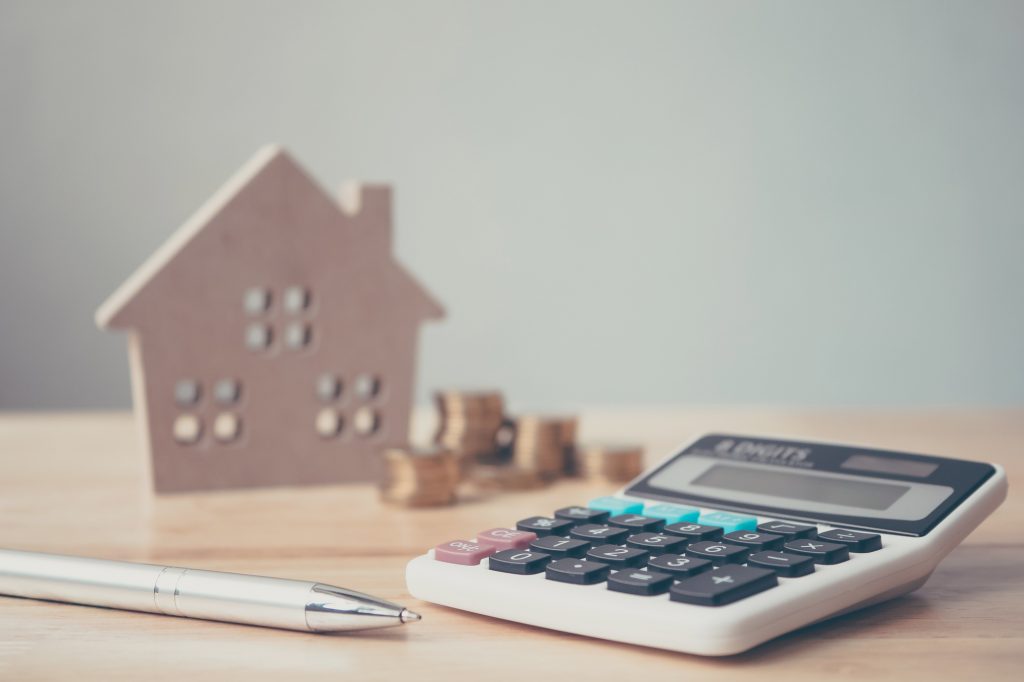7 Influential Factors in Property Prices You Need to Know Now
Each year, nearly 6 million homes are sold in the United States. With all of the different options home buyers have finding a way to make your property stand out is a must.
For most people, the decision to sell their home is not something they take lightly. If you are in the process of getting your home ready to see, the first thing you should do is have it appraised.
An appraiser specializes in assessing property prices based on a number of different factors. With the information from your appraisal, you can put a competitive price tag on your home.
The following are some of the factors that can affect the price of your property.
1. Location can Affect Property Prices
One of the most important factors used to determine the value of a property is its location. Most economists use what is referred to as hedonic pricing to encapsulate the location of a home.
Generally, factors like the quality of the schools in a location weigh heavily on the value of a home. Most appraisers will also gauge the proximity of a home in relation to local employment opportunities.
Appraisers will also look at the proximity of shopping venues and social spots when attempting to put a value on a home. Most buyers are looking for a home that is centrally located. Typically, homes in prime locations will sell much faster than homes in rural communities.
2. The Upgrades a Home Has
While there are a number of buyers looking for homes classified as fixer-uppers, many people want a residence that is move-in ready. The buyers looking for this convenience are generally willing to pay more for a home with premium comfort.
Making the right upgrades can raise the value of your existing home substantially. Things like a new roof or even kitchen and bathroom upgrades are among the best home additions.
The money spent on these upgrades will definitely pay off when you can get more for your home. Consulting with professionals in the real estate industry like JP Real Estate Experts can provide you with the guidance needed to make the best home upgrades.
3. The Details on the Inspection Report
For most buyers, getting an inspection report on a potential real estate purchase is a must. Many mortgage companies require a home buyer to have an inspection report in hand before they will fund their loan.
Even if a home is already under contract, a bad inspection report can significantly affect its value. If an inspector uncovers things like a termite infestation or extensive mold issues, a buyer may back out of a home purchase.
These reports will typically contain a section of suggested repairs. If you want to keep a potential buyer happy, you need to agree to these repairs immediately. Even the slightest misstep in a situation like this can cost you a sale.
4. Comparable Properties in the Area
Another key indicator used to assess home value is comparable properties in the area. In most cases, appraisers and real estate agents will compile a list of similar homes in an area and what they have sold for.
With this information, you can easily tell if your home is priced to sell. You need to look over these lists before lowering the price of your home to ensure there are not foreclosures or short sales present.
A home that is being foreclosed on will typically sell for way under market value. Most appraisers rely heavily on comparable property reports when setting a value for your home.
5. The Appraisal Value
The real estate industry uses an appraisal as a formal way of pricing a particular property. Nearly every state requires an appraiser to be officially licensed by an organization complying with the standards set forth by the Appraisers Qualifications Board.
If any serious structural issues are found during the appraisal, the bank providing the loan to a buyer may back out altogether. Most appraisers have a very structured process in place for the work they do.
This process includes thorough inspections and market research. They will also take into account the various upgrades a person has made to their home when estimating the value of a property.
6. The Condition of the Economy
The value of your home is also determined by the strength of the nation’s economy. Things like the gross domestic product, unemployment, and income growth are all factors that determine the health of our country’s economy.
During the Great Recession that started in 2008, local economies with a high number of real estate jobs saw a significant decline in property values. While the market has been on an upswing since then, a bit of market volatility can lead to your property losing a lot of value.
7. Federal Reserve Interest Rates
You have probably heard people in the lending industry talk about Fed interest rates. This term refers to the interest rate the Federal Reserve has set for overnight borrowing for depository institutions.
The lower this interest rate is, the lower a buyer’s monthly payment will be on a home. During times when the Federal Reserve raises these rates, home purchases are typically low. Before putting your home on the market, you need to do some research to ensure interest rates are low.
Let a Real Estate Agent Help You Out!
Rather than trying to do things like determine property prices and listing a home for sale on your own, you should reach out to professionals. A knowledgeable real estate agent can help you get your home sold in no time at all.
Are you looking for more information about how to sell your home? If so, check out the helpful blogs we have on this subject.
